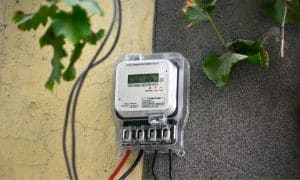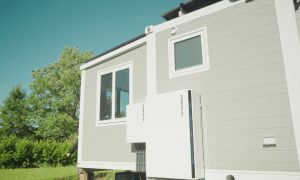Solar power giant SunEdison, Inc. (NYSE: SUNE), has announced its most advanced polysilicon technology was now in production; which it says will reduce the cost of solar panel polysilicon to less than USD $0.05 per watt peak by 2016.
The technology being used is called “high pressure fluidized bed reactor” (HP-FBR) and creates high purity polysilicon 10 times more efficiently with 90% less energy used than non FBR technologies.
The high-tech method is now in use at a facility in Ulsan, Korea; a joint venture of SunEdison, SunEdison Semiconductor, and Samsung Fine Chemicals (SFC). The plant’s capacity has been boosted to 13,500 metric tonnes annually and will be operating at full capacity in the first quarter of next year.
“Solar energy is at a transformational moment in time and innovative technology is what will power that transformation,” said Ahmad Chatila, Chief Executive Officer of SunEdison. “Our latest advance is a leap forward in solar technology and will enable solar power to become the lowest cost energy solution – not just an alternative to other renewables, but the cost-winner over fossil fuels as well.”
It’s been another week of big announcements from SunEdison.
On Tuesday, the company stated it had closed on a USD $50 million debt financing arrangement; the proceeds of which will be used to finance the construction of a SunEdison owned 23.8 megawatt solar facility in the Ma’an Governate, in Southern Jordan. Construction of the solar farm will begin this year and the power plant is expected to be fully operational in the third quarter of next year.
SunEdison’s General Manager for MENA and Turkey, Al Dahya, said the project represents just the beginning of the company’s long-term commitment to the development of solar energy projects in the region.
Also recently announced was a new project that will see solar PV micro-grids with battery storage installed in 54 remote Indian villages, bringing electricity to 7,800 residents.
“Rough terrain and limited road access make this project the most difficult rural installation SunEdison has attempted to date, but it isn’t just about logistics or economics for us; it’s about creating positive, long term social and environmental impact as well,” said Pashupathy Gopalan, president of SunEdison Asia Pacific.















































